In light of escalating measles cases, dental establishments are reinforcing their commitment to patient welfare by instituting rigorous screening protocols for aerosol-transmissible diseases (ATDs) like measles.
As measles incidences surge across the nation, dental offices assume a pivotal role in mitigating transmission risks through proactive patient screening measures and adherence to established guidelines.
With California already registering four confirmed measles cases this year, surpassing the entirety of 2023, and marking a stark contrast to the absence of cases in 2022, the urgency for heightened vigilance in dental settings becomes paramount.
Recent occurrences, such as the identification of measles cases in Stanislaus County and UC Davis Medical Center, underscore the susceptibility of unvaccinated individuals, particularly children, to severe complications associated with measles infection.
Citing guidance from the Centers for Disease Control and Prevention (CDC), which highlights heightened risks of respiratory and neurologic complications in afflicted individuals, dental practitioners are urged to exercise utmost caution.
Screening Protocol Implementation:
Employing a systematic approach, dental personnel are tasked with the observation of patients for symptoms indicative of ATD, including measles, coupled with inquiries regarding recent travel history or potential exposure.
While Cal/OSHA regulations prescribe specific exposure control measures, dentists are conditionally exempt, provided they adhere to stringent screening procedures consistent with CDC directives.
Rescheduling and Patient Care:
In the event of suspected or confirmed cases, patients are promptly rescheduled to mitigate any potential risk of transmission within the dental environment.
Teresa Pichay, CHPC, Regulatory Compliance analyst at CDA, underscores the importance of vigilance, emphasizing rescheduling in instances where patients present symptoms aligned with ATD exposure risks.
Addressing Aerosol Concerns:
A recent study underscores the pervasive spread of airborne bacteria during dental procedures, heightening concerns regarding contamination levels within treatment spaces.
Resulting data accentuates the imperative for innovative interventions aimed at curtailing microbial aerosol dissemination, particularly crucial in environments catering to vulnerable populations.
Conclusion:
Prioritizing patient health transcends procedural efficacy, necessitating stringent adherence to screening protocols and infection control measures.
With the emergence of measles as a formidable public health concern, dental establishments assume a proactive stance in safeguarding both patient welfare and broader community health interests.
Source: California Dental Association

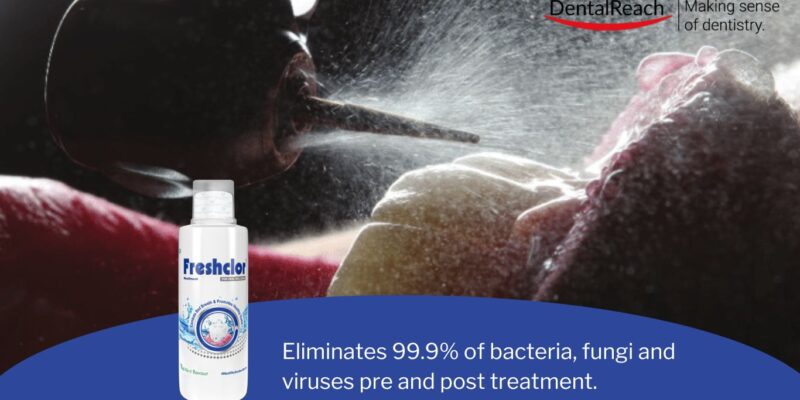



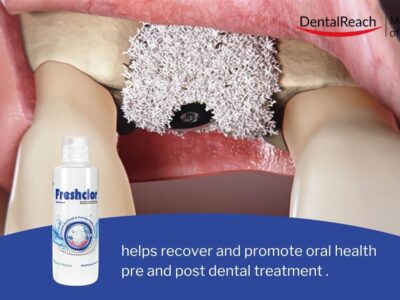
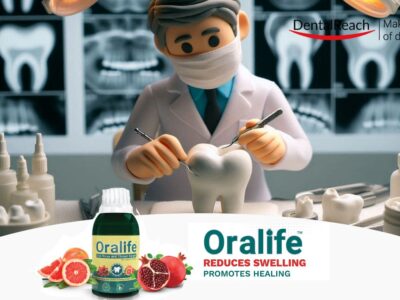
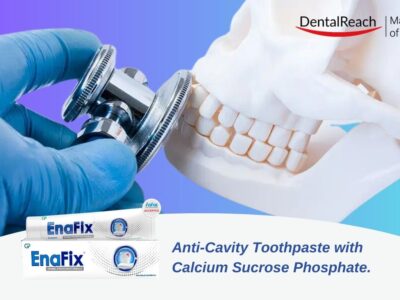
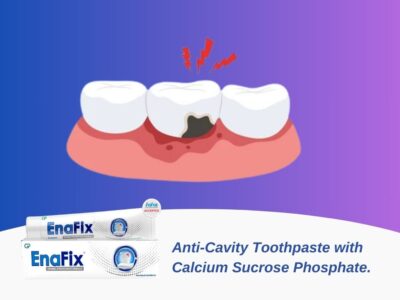
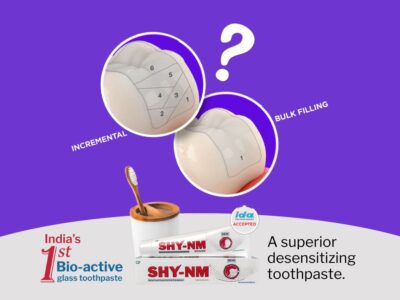
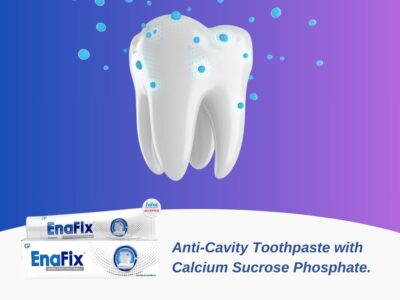








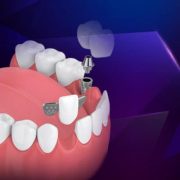
Comments